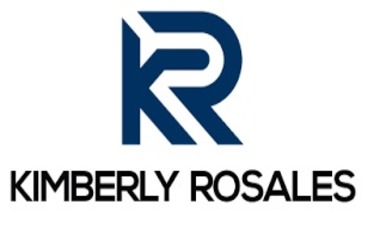
According to Rosales, the traditional supply chain has long grappled with numerous challenges including transparency deficiencies, counterfeiting, inefficient processes, and limited traceability. By highlighting the capabilities of blockchain technology, Rosales reveals how these challenges can be addressed, leading to a transformation in supply chain dynamics and enabling businesses to operate with increased efficiency and trust.
Outlined below are the seven groundbreaking applications of blockchain in supply chain management as identified by Kimberly Rosales:
Traceability and Provenance: Rosales explains how blockchain enables end-to-end traceability and provenance by transparently and immutably recording every transaction. This feature allows businesses and consumers to verify the origin, authenticity, and journey of products, ensuring compliance with regulations and instilling trust in the supply chain.
Inventory Management: By utilizing blockchain, businesses can establish a shared and decentralized ledger that provides real-time visibility into inventory levels, locations, and movements. This fosters efficient inventory management, minimizing stockouts, reducing carrying costs, and optimizing overall supply chain operations.
Quality Control and Compliance: Blockchain-based systems offer secure and tamper-proof records of quality control measures and compliance certifications. This ensures that products adhere to required standards and regulations throughout the supply chain, thereby mitigating the risk of counterfeit or substandard goods entering the market.
Supplier and Vendor Management: Rosales explores how blockchain facilitates secure and transparent supplier and vendor management. Through the use of smart contracts and digital identities, onboarding processes can be streamlined, credentials can be verified, and trust can be established between parties. This reduces administrative burdens and improves the efficiency of supplier relationship management.
Ethical Sourcing and Sustainability: Blockchain technology enables the tracking of raw materials and components throughout the supply chain, ensuring ethical sourcing practices and promoting sustainability. By providing transparent information about the environmental and social impact of products, businesses can meet the growing demand for sustainable and socially responsible goods.
Supply Chain Finance: Rosales emphasizes how blockchain empowers efficient supply chain finance through the digitization and automation of purchase orders, invoices, and payments. Smart contracts facilitate automated payment settlements, reducing delays and disputes. This improves cash flow for suppliers and enhances financial visibility for all participants in the supply chain.
Risk Management and Dispute Resolution: Due to its transparent and immutable nature, blockchain allows for improved risk management and dispute resolution in supply chain operations. By recording and time-stamping transactions, businesses can quickly identify bottlenecks, trace the source of errors or disputes, and promptly implement corrective measures.
Kimberly Rosales underscores the significant benefits of integrating blockchain technology into supply chain management, including improved efficiency, transparency, and trust. By leveraging blockchain solutions tailored to their specific supply chain needs, businesses can gain a competitive edge and adapt to the evolving demands of the global market.
“Blockchain technology is reshaping supply chain dynamics by introducing transparency, traceability, and efficiency,” commented Kimberly Rosales, a FinTech expert. “By harnessing the power of blockchain, businesses can streamline operations, reduce risks, and foster trust among stakeholders.”
For speaking engagements, interviews, and consultations on the potential of blockchain technology in supply chain management, Kimberly Rosales is available to assist businesses in exploring this transformative innovation.